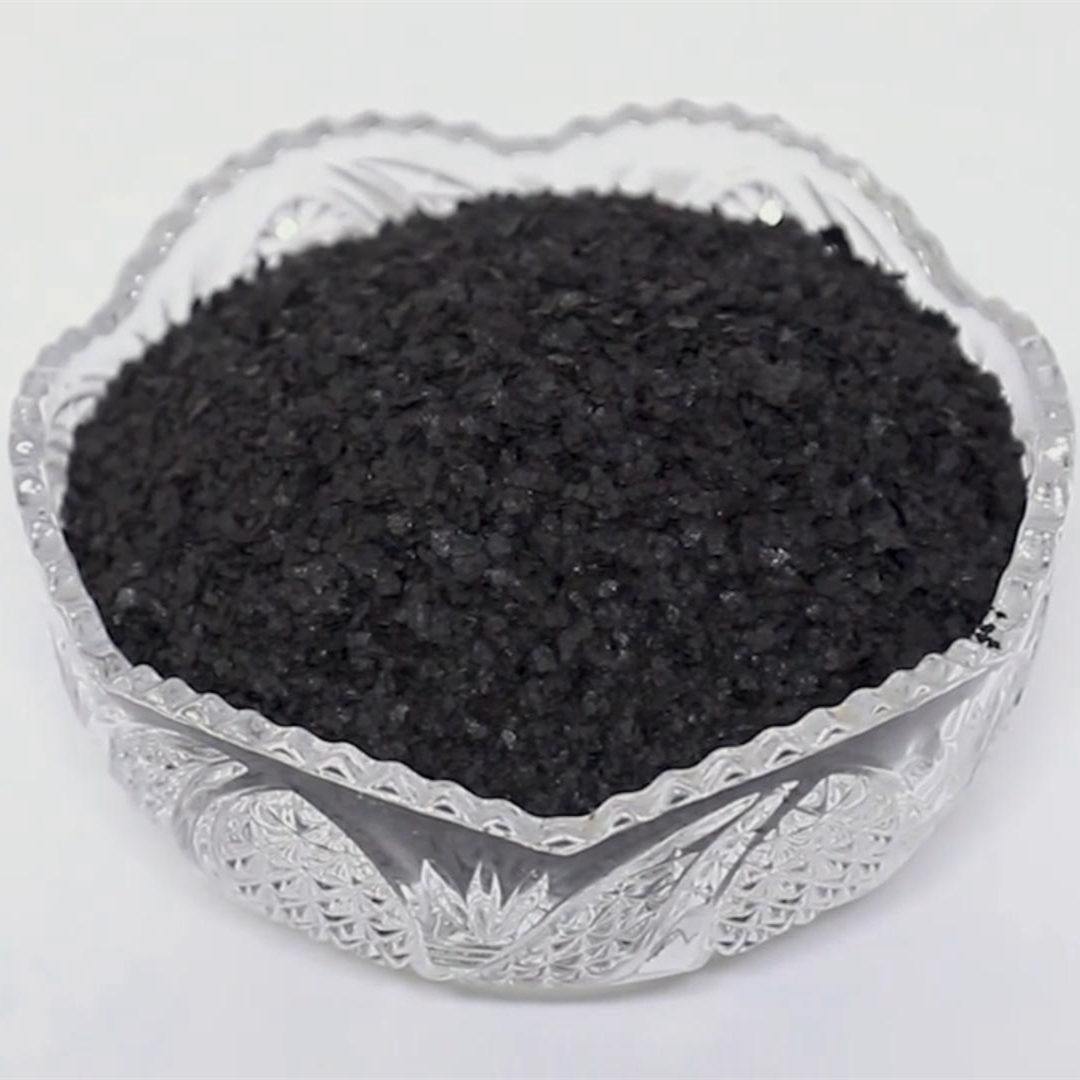
Oct . 16, 2024 16:29 Back to list
Composition and Benefits of Single Super Phosphate Fertilizer for Agriculture
Understanding Single Super Phosphate and Its Importance in Agriculture
Single Super Phosphate (SSP) is one of the most widely used fertilizers in agriculture, providing essential nutrients to crops and enhancing soil health. This article explores what single super phosphate is, its composition, benefits, and its role in sustainable agriculture.
What is Single Super Phosphate?
Single super phosphate is produced by reacting phosphate rock with sulfuric acid. The chemical reaction results in a fertilizer that contains a higher concentration of phosphorus than naturally occurring phosphate rock. This nutrient-rich product typically contains around 20% phosphorus pentoxide (P₂O₅), which is crucial for plant growth. Besides phosphorus, SSP also contains other essential nutrients such as calcium and sulfur, making it a versatile fertilizer option for farmers.
Composition and Nutrient Profile
The primary nutrient in single super phosphate is phosphorus, an essential macronutrient that plays a vital role in various physiological processes in plants. Phosphorus is crucial for root development, energy transfer, photosynthesis, and the synthesis of nucleic acids. Additionally, SSP contains around 12% calcium, which helps improve soil structure and promotes root development, and about 1% sulfur, which is essential for the synthesis of amino acids and proteins in plants.
The granular form of SSP allows for easy application in the field. It can be mixed with soil or applied directly to the root zone of crops, ensuring that plants have access to the nutrients they need during critical growth stages.
Benefits of Single Super Phosphate
1. Enhanced Crop Yields By supplying directly available phosphorus, SSP significantly boosts crop yields. Phosphorus is vital for energy transformation and root development, making it essential during the plant's early stages. Adequate phosphorus levels lead to healthier plants that are more capable of withstanding stress, disease, and adverse weather conditions.
single super phosphate contains

2. Soil Health Improvement The addition of organic matter through the application of SSP helps improve soil structure and fertility. The calcium content in SSP promotes better soil aggregation, enhancing water retention and aeration, both of which are critical for healthy root systems.
3. Cost-Effectiveness SSP is relatively inexpensive compared to other phosphorus fertilizers. Its concentrated nature allows farmers to apply less product to achieve the desired nutrient levels in the soil. This not only reduces input costs but also minimizes the environmental impact of fertilizer application.
4. Compatibility with Other Fertilizers Single super phosphate can be easily blended with other fertilizers, making it a flexible choice for farmers. This compatibility allows for customized nutrient management plans tailored to the specific needs of different crops and soil types.
Role in Sustainable Agriculture
As the global population continues to grow, the demand for food increases, and so does the need for sustainable agricultural practices. Single super phosphate aligns with the goals of sustainable farming by improving crop yields without putting undue pressure on natural resources. Its use contributes to a balanced nutrient management strategy that reduces the risk of nutrient run-off into waterways, which can lead to environmental issues like eutrophication.
Moreover, by promoting healthier crops, SSP aids in reducing the need for chemical pesticides and herbicides, as strong plants are inherently more resistant to pests and diseases. This dependency on fewer chemicals aligns with the principles of sustainable agriculture, which emphasize ecological balance and responsible resource management.
Conclusion
Single super phosphate plays a vital role in modern agriculture, providing essential nutrients that support crop growth and improve soil health. Its rich phosphorus content, combined with calcium and sulfur, makes it a valuable resource for farmers seeking to enhance productivity while practicing sustainable farming. As agricultural practices evolve, SSP remains a critical tool in the quest for efficient and responsible food production, ensuring that we can meet future food demands while protecting our planet's resources. Whether used alone or in combination with other fertilizers, single super phosphate is a reliable choice for those aiming to achieve successful and sustainable agricultural outcomes.
-
10 10 10 Fertilizer Organic—Balanced NPK for All Plants
NewsJul.30,2025
-
Premium 10 10 10 Fertilizer Organic for Balanced Plant Growth
NewsJul.29,2025
-
Premium 10 10 10 Fertilizer Organic for Balanced Plant Growth
NewsJul.29,2025
-
Premium 10 10 10 Fertilizer Organic for Balanced Plant Growth
NewsJul.29,2025
-
50 Pound Bags of 13-13-13 Fertilizer for All Plants – Bulk & Organic Options
NewsJul.28,2025
-
High-Efficiency 15-30-15 Granular Fertilizer for Healthy Crops
NewsJul.28,2025
